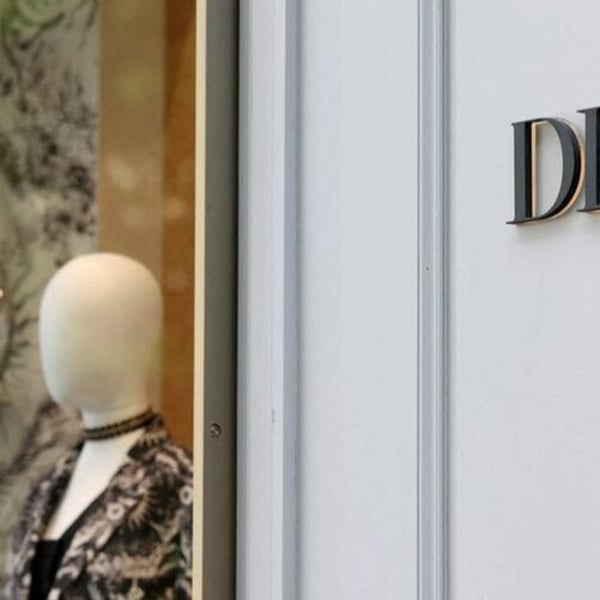By
Reuters
Published
November 19, 2025
European finance ministers agreed to bring forward customs duties on low-value parcels to next year to crack down on cheap Chinese e-commerce imports from online platforms such as Shein and Temu. Below are Europe's concerns about cheap e-commerce imports and the measures the European Union is taking.
The EU has a “de minimis” customs duty exemption for e-commerce packages arriving in the bloc valued at less than 150 euros ($174). Online platforms such as Shein, Temu, AliExpress and Amazon Haul ship clothing, accessories and gadgets from Chinese factories directly to buyers at rock-bottom prices thanks to customs exemption.
The number of low-value e-commerce packages arriving on the bloc doubled last year to 4.6 billion. According to the Commission, more than 90% of them come from China. The EU executive estimates that around 65% of small parcels entering the EU are undervalued to avoid customs duties.
It also sees risks of harm to consumers from non-compliant products, of environmental harm from shipping products with a short shelf life and of harm to EU industry, particularly retailers, from increased imports. The United States scrapped its own “de minimis” policy that allowed duty-free entry to packages worth less than $800, raising concerns that cheap Chinese imports would be diverted further to Europe.
The EU plans an overhaul of its customs system with the creation of an EU Customs Authority and an EU Customs Data Center to replace IT infrastructure in EU members, saving them up to €2 billion a year, according to the Commission, and allowing for greater coordination.
The EU is a customs union, meaning there is a common tariff on imports from non-member countries and no tariffs on trade between EU countries. But each country has its own customs agency, and the bloc currently has 189 different customs computer systems, which is why the data center is needed, said Dutch lawmaker Dirk Gotink, who is overseeing the reforms for the European Parliament. The data center will have to work with European technology companies, given the sensitivity of the information.
“The data is basically an MRI of the European economy and trade flows; it is extremely sensitive and access to this data must be very strictly regulated,” Gotink told Reuters in an interview.
The launch that will allow e-commerce companies to access the data center is only planned for 2028, the date on which the current de minimis exemption of 150 euros will be eliminated. For many, that is too slow.
The bloc also wants to introduce a “temporary simplified customs rate” for low-value e-commerce packages, possibly in November 2026. Finance ministers will decide this single percentage-based tariff on all packages at a meeting on December 12.
The Commission has also proposed a handling fee of 2 euros for low-value e-commerce packages delivered directly to consumers or 50 cents for packages handled by warehouses. Online retailers or importers would be responsible, and this would be in addition to the temporary customs fee.
The management fee is likely to be introduced in November 2026, or sooner if an IT solution can be found to support its implementation.
Several countries, including France, the Netherlands, Poland and Portugal, are bidding to host the new EU customs authority before the November 27 deadline.
France has proposed the northern city of Lille, near the border with Belgium, as a host city, while Poland is advocating for Warsaw, which is already home to the European border and coast guard agency, Frontex. Portugal has proposed Porto.
© Thomson Reuters 2025 All rights reserved.












